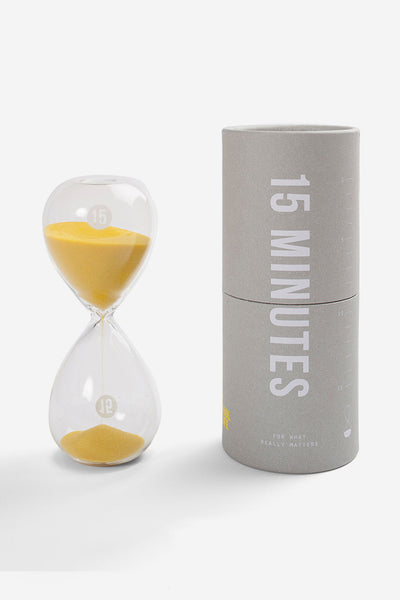How to Fix Teeth Damaged by Bruxism
Grinding your teeth, also known as bruxism, can cause a range of dental issues and discomfort. Whether you find yourself clenching your jaw during stressful moments or waking up with a sore jaw, tackling this habit is essential for your oral health.
Understanding Bruxism
Bruxism often occurs during sleep or in times of stress, and many people are unaware they're doing it. This unconscious habit can lead to flattened, chipped, or even fractured teeth over time. The persistent pressure exerted during grinding can wear away tooth enamel, causing tooth sensitivity and increased vulnerability to decay. Recognizing the signs and causes of bruxism is the first step towards finding a solution.
How to repair the damage
-
Dental Bonding: For minor enamel damage, dental bonding is an effective solution. A tooth-coloured resin is applied and shaped to match your natural teeth, restoring their appearance and strength.
-
Dental Crowns: When teeth are severely worn down, dental crowns can provide a protective and aesthetically pleasing solution. Crowns cover the entire tooth, restoring its shape, size, and strength.
-
Veneers: If the damage is primarily cosmetic, veneers can be used to improve the appearance of worn teeth. These thin shells are custom-made to fit over the front surface of your teeth.
-
Dental Implants: In cases of extensive tooth damage, dental implants can be a long-lasting solution. Implants replace the entire tooth, from root to crown, providing a sturdy foundation.
How to prevent future damage
-
Night Guards: Compared to custom-made mouthguards provided by dentists, the Echor Anti-Bacterial Night Guard for teeth grinding is much less expensive but functions the same - our advanced Dura-Tech construction provides a physical, durable barrier between teeth to reduce the damage caused by teeth grinding and teeth clenching.
-
Stress Management: As stress is often a trigger for bruxism, adopting stress-reduction techniques like yoga, meditation, or exercise can help alleviate the habit.
-
Jaw Relaxation Exercises: Gently massaging your jaw muscles and practicing relaxation exercises can help release tension and discourage jaw clenching.
-
Sleep Hygiene: Establishing a consistent sleep routine and creating a relaxing bedtime environment can reduce the likelihood of grinding at night.
-
Monitor Diet: Chewing gum or hard foods can contribute to jaw tension. Opt for a softer diet and avoid excessive chewing to minimize strain on your jaw muscles.
-
Correct Misaligned Teeth: Consult with a dentist to determine if misaligned teeth or bite issues are contributing to your bruxism. Orthodontic treatments can help alleviate the problem.
-
Biofeedback: Biofeedback devices can help you become more aware of when you're clenching your jaw, allowing you to consciously relax your muscles.
-
Lifestyle Changes: Avoid caffeine and alcohol close to bedtime, as they can exacerbate teeth grinding. Chewing on non-food items like pens or pencils can also worsen the habit.
The connection between Bruxism and sleep is actually complicated. It's not just a matter of grinding teeth; in fact, both the quality and quantity of our precious sleep can be disturbed. That's why it's important to understand the signs and causes of bruxism and avoid the damages. If you're concerned about the effects of Bruxism on sleep, check out this blog for more information.
For a comprehensive guide about Bruxism, take a look at this article - Everything you need to know about Bruxism.









